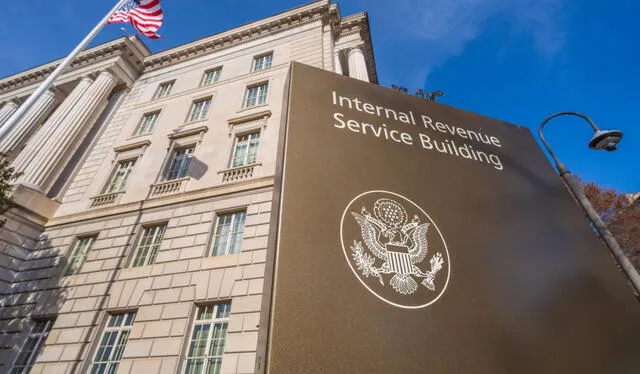Will the IRS tax your Social Security? Income limits that could reduce your payments
Many retirees unknowingly see their Social Security benefits reduced due to income limits set by the government. Additionally, a little-known strategy could boost yearly earnings by thousands. Understanding these factors is key to better financial planning.

Social Security advantages are a vital source of income for many retirees in the United States. However, understanding how additional income impacts the taxation of these rewards is crucial. The IRS imposes taxes on public pension system if a recipient's total revenue exceeds certain thresholds, often catching pensioners by surprise, especially when additional profits affect their retirement funds.
Moreover, there is an unfamiliar strategy that could significantly increase government insurance utilities. Known as the "$22.924 Social Security bonus," this opportunity is frequently overlooked by seniors despite its potential to substantially enhance their annual income. Knowing about and using this plan can be a game-changer for those seeking to maximize their incentives and enhance their financial stability in retirement.

ALSO SEE: IRS issues $1,400 stimulus checks in early 2025: Check out the eligibility and distribution details
Financial limits and Social Security taxes
The Internal Revenue Service (IRS) determines whether retirement benefits are taxable based on a recipient’s "combined income," which includes adjusted gross proceeds, non-taxable interest, and half of the severance pay. If this total exceeds $25.000 for individuals or $32.000 for married couples filing jointly, up to 50% of bonuses may be subject to tariffs. For those earning above $34.000 (persons) or $44.000 (partners), up to 85% of perks could be chargeable.
Many retirees are unaware of these limits and only realize their impact when levy season arrives. Proper financial planning is essential to avoid unexpected duty burdens and ensure that pension benefits remain a stable source of income. Managing withdrawals from ex-workers accounts and considering tax-efficient investment strategies can help reduce the amount of fees on these crucial contributions.
Can this approach help you maximize your retirement savings?
The opportunity to increase Social Security payouts by as much as $22.924 annually is often overlooked. This approach allows seniors to withdraw their claim within the first 12 months, repay the amount received, and reapply later to secure higher monthly payments. By earning delayed credits, older adults can significantly boost their long-term retirement.

The IRS set the rules, but smart decisions can help you keep more of your Social Security benefits. Photo: CNN
However, this method may not be suitable for everyone. The repayment requirement can be financially demanding, and delaying compensations may not align with every post-retirement plan. A careful evaluation and professional financial advice are essential to determine whether this option aligns with personal arrangement goals and overall financial stability.











